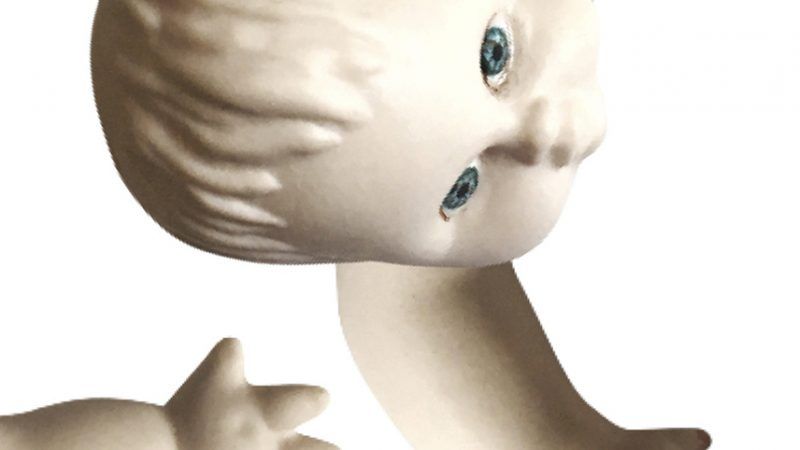It's OK to Edit Your Kids' Genes

This summer, American scientists reported successfully editing out a harmful gene from the genomes of human embryos.
Researchers led by Shoukhrat Mitalipov—a reproductive biology specialist at the Oregon Health and Science University—used CRISPR gene editing to achieve this result. The process enables biologists to precisely cut out and replace bits of the DNA that make up the genes of microbes, plants, and animals. In this case, the researchers mended a deleterious gene variant that causes enlarged hearts and often results in sudden death early in life.
Unlike earlier research in China, the Oregon team reported getting the repaired genes into every cell in 42 out of the 58 embryos they edited. In most of the cases, the process did not create new off-target mutations. Since Congress has banned the National Institutes of Health from funding research using gene-editing technologies in human embryos, this proof-of-concept research was underwritten by private foundations and universities.
The embryos developed for three days and were never intended to be used to create pregnancies.
Other researchers a month later challenged the results, suggesting that they need further validation. But for now Mitalipov stands by his findings.
"We've always said in the past gene editing shouldn't be done, mostly because it couldn't be done safely," Massachusetts Institute of Technology researcher Richard Hynes told The New York Times. "Now it looks like it's going to be done safely soon." If the technique does prove harmless, such gene-edited embryos could be allowed to develop into people who would no longer pass down their familial genetic afflictions to subsequent generations.
Naturally, this advance displeases the anti–"designer baby" claque of bioethicists. "I think it's extraordinarily disturbing," Marcy Darnovsky, who directs the Berkeley-based Center for Genetics and Society, told NPR. "It's a flagrant disregard of calls for a broad societal consensus in decisions about a really momentous technology that could be used [for] good, but in this case is being used in preparation for an extraordinarily risky application."
"If irresponsible scientists are not stopped, the world may soon be presented with a fait accompli of the first [genetically modified, or G.M.] baby," David King said in the same NPR report. King, who heads the U.K.-based group Human Genetics Alert, wants "governments and international organizations to wake up and pass an immediate global ban on creating cloned or G.M. babies, before it is too late."
But in February, a panel of 22 scientists and other experts convened by the National Academy of Sciences issued Human Genome Editing: Science, Ethics, and Governance, which refused to call for a ban on gene-editing embryos. The panel concluded that "heritable germline genome editing trials must be approached with caution, but caution does not mean that they must be prohibited." Germline refers to genetic material being passed from generation to generation through the sperm and egg.
In August, the American Society of Human Genetics and 10 other reproductive medicine organizations concurred with a statement saying that there's no reason to prohibit the sort of embryo-editing research undertaken by the Oregon team. That said, given safety and ethical issues, the statement also argued that at this time it is still "inappropriate to perform germline gene editing that culminates in human pregnancy."
Ultimately, the gene-editing skeptics are calling for something akin to state-imposed eugenics. Early 20th century Progressive Era eugenicists used government power to forcibly prevent parents, via nonconsensual sterilizations, from passing on traits deemed deleterious. Now, 21st century eugenicists want the government to require people to risk passing along genes that the parents think are deleterious. In both cases, the state is empowered to decide what sorts of people are allowed to be born.
People who want to take advantage of modern gene editing seek to correct genes that increase the risk of ill health, and perhaps to add genes that boost their child's chances of having nimbler brains, more vigorous bodies, and greater disease resistance. Individuals may not always make the right decisions with regard to reproduction, but parents are more trustworthy guardians of the human gene pool than any would-be central planners.
This article originally appeared in print under the headline "It's OK to Edit Your Kids' Genes."


Show Comments (30)